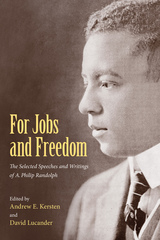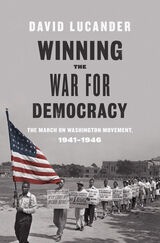
Epic history.
Lucan (M. Annaeus Lucanus, AD 39–65), son of wealthy M. Annaeus Mela and nephew of Seneca, was born at Corduba (Cordova) in Spain and was brought as a baby to Rome. In AD 60 at a festival in Emperor Nero’s honor Lucan praised him in a panegyric and was promoted to one or two minor offices. But having defeated Nero in a poetry contest he was interdicted from further recitals or publication, so that three books of his epic The Civil War were probably not issued in 61 when they were finished. By 65 he was composing the tenth book but then became involved in the unsuccessful plot of Piso against Nero and, aged only twenty-six, by order took his own life.
Quintilian called Lucan a poet “full of fire and energy and a master of brilliant phrases.” His epic stood next after Virgil’s in the estimation of antiquity. Julius Caesar looms as a sinister hero in his stormy chronicle in verse of the war between Caesar and the Republic’s forces under Pompey, and later under Cato in Africa—a chronicle of dramatic events carrying us from Caesar’s fateful crossing of the Rubicon, through the Battle of Pharsalus and death of Pompey, to Caesar victorious in Egypt. The poem is also called Pharsalia.

This volume documents Randolph's life and work through his own writings. The editors have combed through the files of libraries, manuscript collections, and newspapers, selecting more than seventy published and unpublished pieces that shed light on Randolph's most significant activities. The book is organized thematically around his major interests—dismantling workplace inequality, expanding civil rights, confronting racial segregation, and building international coalitions. The editors provide a detailed biographical essay that helps to situate the speeches and writings collected in the book. In the absence of an autobiography, this volume offers the best available presentation of Randolph's ideas and arguments in his own words.

Winning the War for Democracy: The March on Washington Movement, 1941-1946 recalls that triumph, but also looks beyond Randolph and the MOWM's national leadership to focus on the organization's evolution and actions at the local level. Using the personal papers of previously unheralded MOWM members such as T.D. McNeal, internal government documents from the Roosevelt administration, and other primary sources, David Lucander highlights how local affiliates fighting for a double victory against fascism and racism helped the national MOWM accrue the political capital it needed to effect change.
Lucander details the efforts of grassroots organizers to implement MOWM's program of empowering African Americans via meetings and marches at defense plants and government buildings and, in particular, focuses on the contributions of women activists like Layle Lane, E. Pauline Myers, and Anna Arnold Hedgeman. Throughout he shows how local activities often diverged from policies laid out at MOWM's national office, and how grassroots participants on both sides ignored the rivalry between Randolph and the leadership of the NAACP to align with one another on the ground.
READERS
Browse our collection.
PUBLISHERS
See BiblioVault's publisher services.
STUDENT SERVICES
Files for college accessibility offices.
UChicago Accessibility Resources
home | accessibility | search | about | contact us
BiblioVault ® 2001 - 2024
The University of Chicago Press









